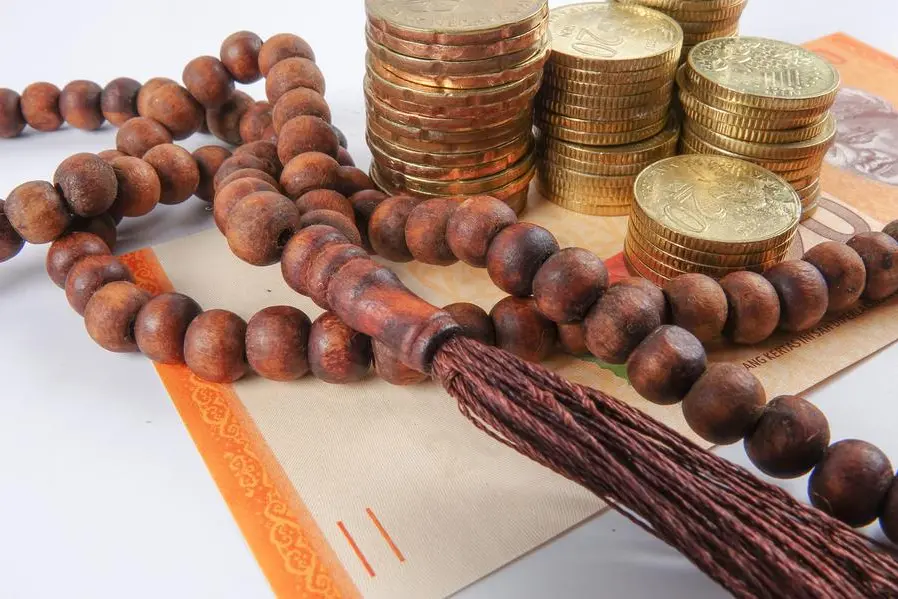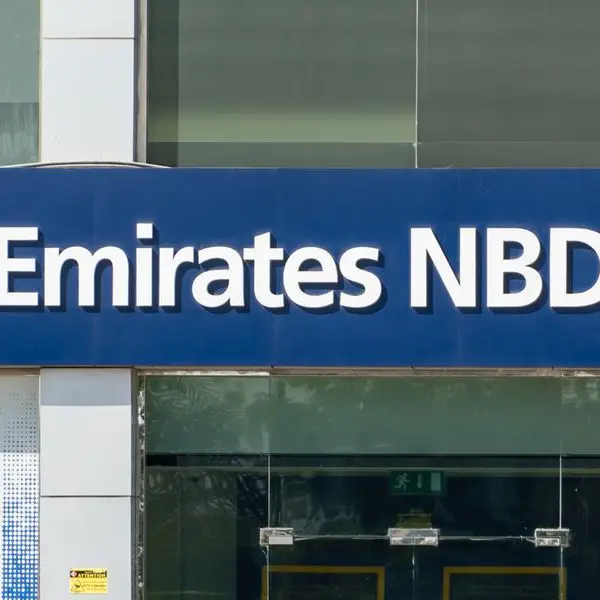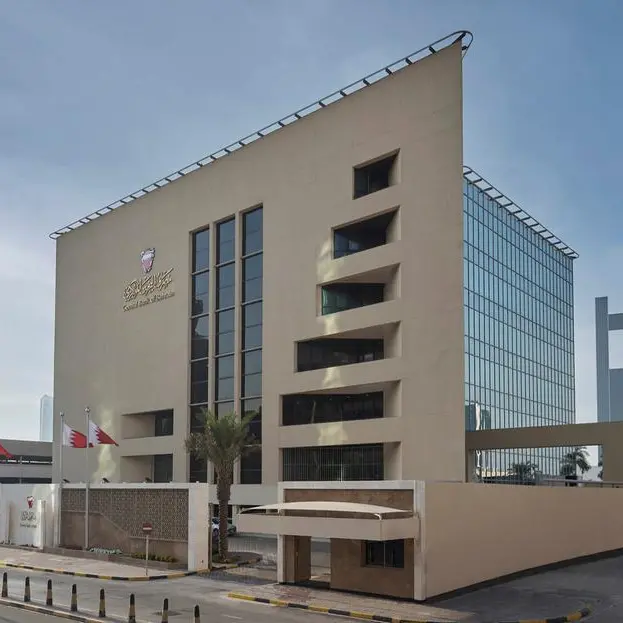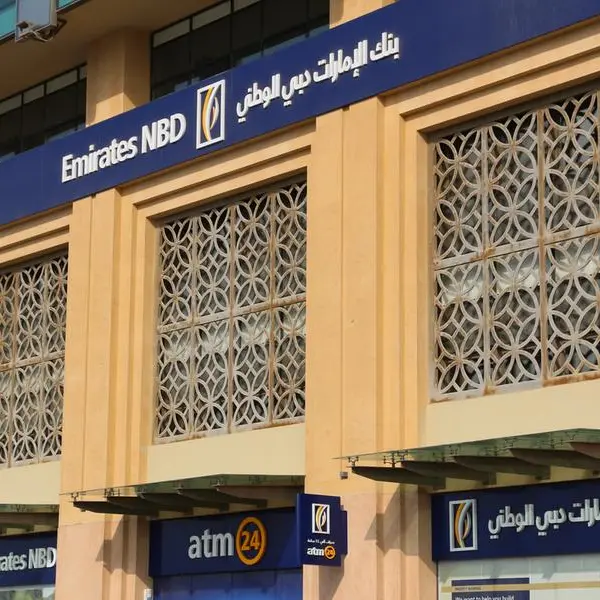PHOTO
The GCC has yet to fully capitalise on the global sukuk rally, reflecting a shortage of domestic ESG sukuk investors and issuers, according to Fitch Ratings.
Global sukuk issuances have been on the rise following the US Federal Reserve’s rate cut to 5% in September, with financing conditions improving, said Fitch.
Rates are expected to hit 4.5% by year-end and to reach 3.5% at end-2025, boosting 4Q24–2025 issuance activity, along with drivers such as refinancing upcoming maturities, funding and diversification goals.
However, even as the liquidity of the GCC and other regional sukuk investors, mainly banks, remains intact, challenges are being posed by a nascent ecosystem and regulations, with uneven progress across jurisdictions, said Bashar Al-Natoor, Global Head of Islamic Finance at Fitch Ratings.
“ESG sukuk issuances in Islamic finance core markets witnessed a 14.7% increase year-on-year in the first nine months of the year to $8.9 billion,” said Al-Natoor.
According to Fitch, by Q3 2024, Saudi Arabia was leading in ESG sukuk issuance in the GCC at 45.8%, followed by the UAE at 32%.
“Additionally, 40% of all ESG bonds and sukuk in emerging markets were issued by the core Islamic finance markets of the UAE, Saudi Arabia, Qatar, Türkiye and Indonesia.”
While the macro-outlook for Islamic core markets appears to be on the uptick, the GCC continues to trail behind more established markets such as Malaysia and Indonesia due to a weaker sustainability drive, the complexities of sukuk’s Shariah compliance, geopolitical risks and oil volatilities, said Al-Natoor. He added that Middle East investors tend to pivot towards shorter-dated tenors and are reluctant to adopt broader ESG factors.
Earlier this month, Indonesia raised $2.75 billion through its US dollar–denominated Islamic bonds with tenures of 5.5 years, 10 years and 30 years, the largest sale in a year, according to the country’s finance ministry. Investors in the Middle East, Malaysia and Brunei accounted for 61% of the 5.5-year tranche’s distribution, 52% of the 10-year tranche and 1% of the 30-year tranche.
“Regionally, growth in ESG investments in the GCC is largely driven by international investors, with a very few domestic sustainability-sensitive investors rounding up the numbers,” Al-Natoor said.
Al-Natoor also noted that the GCC market is gaining momentum, with sovereigns such as the UAE, Saudi Arabia, and Oman taking the lead by introducing or extending incentives or new frameworks to entice demand in the ESG space.
“This segment is growing, but from a very small base, and that is something to watch out for in the future,” Al-Natoor added. According to Al-Natoor, there is also an active push by GCC sovereigns to further develop their capital markets.
“Saudi Arabia has made efforts to develop the DCM [Debt Capital Market] and grow the riyal market. Similarly, the UAE has seen a push for the dirham bond market.”
Al-Natoor continued: “Dirham listings are gradually developing, albeit at a slow pace, and we have seen banks entering the space, which is now going beyond the sovereigns in the region. Have we seen significant take from sovereigns and corporates and projects? No, but the intention is there to deepen the market.”
(Reporting by Bindu Rai, editing by Seban Scaria)





















